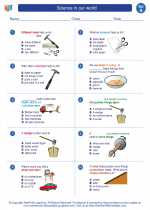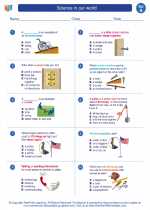Pancreas
The pancreas is a vital organ located in the abdominal cavity, behind the stomach. It plays a crucial role in the digestive and endocrine systems.
Anatomy of the Pancreas
The pancreas is a narrow, flat organ about six inches long that is situated horizontally across the abdomen. It consists of two main functional parts: the exocrine pancreas and the endocrine pancreas.
Exocrine Pancreas
The exocrine pancreas is responsible for producing digestive enzymes, which are released into the small intestine to aid in the digestion of food. These enzymes help break down proteins, fats, and carbohydrates in the food we eat.
Endocrine Pancreas
The endocrine pancreas consists of small clusters of cells called islets of Langerhans, which are responsible for producing and releasing hormones such as insulin and glucagon into the bloodstream. These hormones help regulate the body's blood sugar levels.
Functions of the Pancreas
- Production of digestive enzymes
- Regulation of blood sugar levels
Study Guide
- What are the two main functional parts of the pancreas?
- What is the role of the exocrine pancreas?
- Which hormones are produced by the endocrine pancreas?
- What are the functions of the pancreas?
◂Science Worksheets and Study Guides First Grade. Science in our world

 Worksheet/Answer key
Worksheet/Answer key
 Worksheet/Answer key
Worksheet/Answer key
 Worksheet/Answer key
Worksheet/Answer key
 Vocabulary/Answer key
Vocabulary/Answer key
 Vocabulary/Answer key
Vocabulary/Answer key
